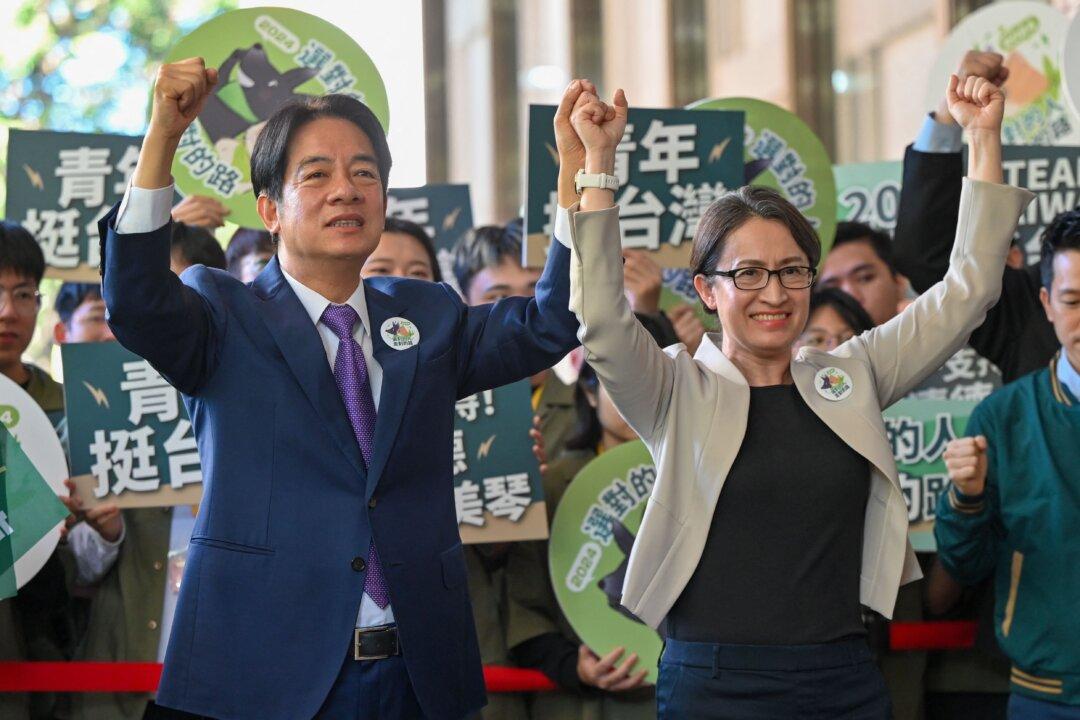With Taiwan’s elections approaching, China’s influence campaigns seek to manipulate the outcome in its favor through its cognitive warfare strategy. In response, a Taiwan expert and his company use artificial intelligence (AI) to monitor and counter the Chinese Communist Party’s (CCP’s) malign activities.
“Taiwan leads the world in defensive AI technology against Beijing’s cognitive warfare,” said Ethan Yi-chin Tu, founder of Taiwan AI Labs, in an exclusive interview with the Chinese language edition of The Epoch Times.




